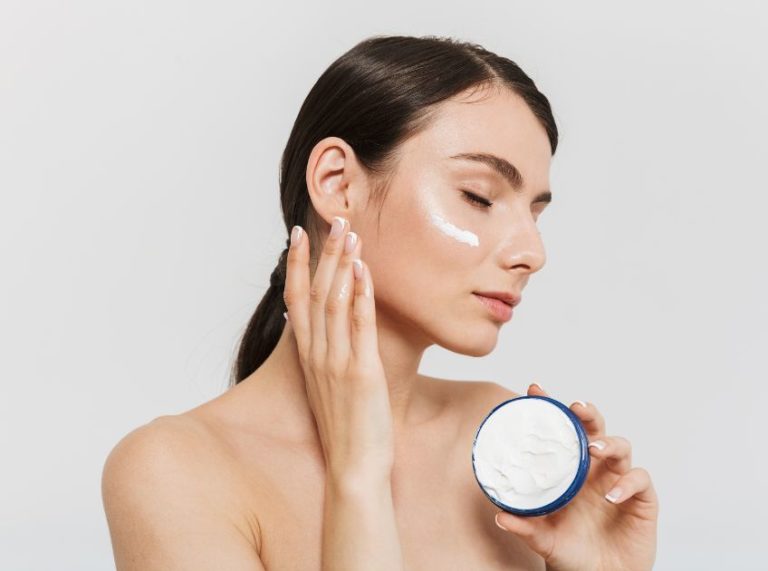
Important: This article is for informational purposes only. Please read our full disclaimer for more details.
Tired of commercial lotions that leave your sensitive skin irritated or greasy? Discover the soothing magic of homemade carrot body butter — a gentle, nutrient-rich alternative that brightens and nourishes without the harsh chemicals. Packed with antioxidants and customizable to your needs, this DIY gem can be your new go-to for calm, glowing skin.
With the right blend of natural butters and oils, carrot body butter works wonders, especially for those with skin that reacts to everything else.
Why Sensitive Skin Loves Carrot Body Butter
- Rich in Beta-Carotene: Carrots (1) are packed with beta-carotene, which converts to vitamin A — known to promote skin regeneration and reduce inflammation.
- Deeply Moisturizing: Butters like shea, mango, or avocado lock in moisture, preventing dryness and itchiness.
- Soothing Oils: Carrier oils such as jojoba mimic skin’s natural sebum, making them ideal for reactive skin.
- Anti-inflammatory Properties: Coconut and olive oil are both known for their antimicrobial and anti-inflammatory benefits (2).
Is Carrot Body Butter Safe for Sensitive Skin?
Yes — when done right. Using clean, organic ingredients and following proper infusion methods minimizes risk. However:
- Patch test first. Even natural ingredients can trigger allergies.
- Watch for essential oils. Stick to skin-safe oils like lavender and avoid strong scents.
- Use a preservative. If water touches your butter or you plan to store it for a while, adding Germaben Plus helps prevent mold or bacterial growth.
- Discontinue use if redness, itching, or stinging occurs — and consult a dermatologist.
How to Use Carrot Body Butter for Best Results
- Apply a small amount to damp skin right after a shower to lock in moisture.
- Use twice daily for dry or flaky patches.
- Adjust the amount based on your skin’s needs — a little goes a long way.
- Avoid using on broken skin or active rashes.
Best DIY Recipe for Sensitive Skin
Create your own calming carrot body butter at home — no harsh ingredients, just pure nourishment.
Ingredients:
- 1 medium organic carrot (grated)
- ½ cup jojoba oil (or olive/coconut oil based on skin preference)
- ½ cup shea butter (or mango/avocado butter)
- 1 tsp Vitamin E oil
- 5–10 drops lavender essential oil (optional)
- ½ tsp Germaben Plus (preservative)
Directions:
- Gently heat the grated carrot in jojoba oil over low heat for 45–60 minutes, stirring regularly.
- Once oil turns a golden yellow, strain out carrot solids.
- Add shea butter to the infused oil and melt over low heat.
- Cool the mixture in the freezer until semi-solid.
- Whip the mixture using a hand mixer until light and fluffy.
- Mix in Vitamin E, essential oil, and preservative.
- Store in a clean, airtight jar in a cool place.
Tip: Adjust butter-to-oil ratio for a thicker or lighter texture depending on skin needs.
Frequently Asked Questions (FAQ’S)
1. Can I skip the preservative?
A. Only if you plan to use the product within 1–2 weeks and store it in the fridge. Otherwise, a preservative is essential to prevent microbial growth.
2. What’s the shelf life of this DIY body butter?
A. With Germaben Plus, it can last up to 3 months. Always use clean tools to avoid contamination.
3. Can I use this on my face?
A. Yes, but patch test first. Use a lighter oil like jojoba and avoid heavy butters if you’re acne-prone.
Carrot body butter offers a gentle, glow-boosting solution for sensitive skin — all from the comfort of your kitchen. With skin-loving ingredients like beta-carotene, jojoba oil, and shea butter, it’s a natural way to nurture your skin barrier.















